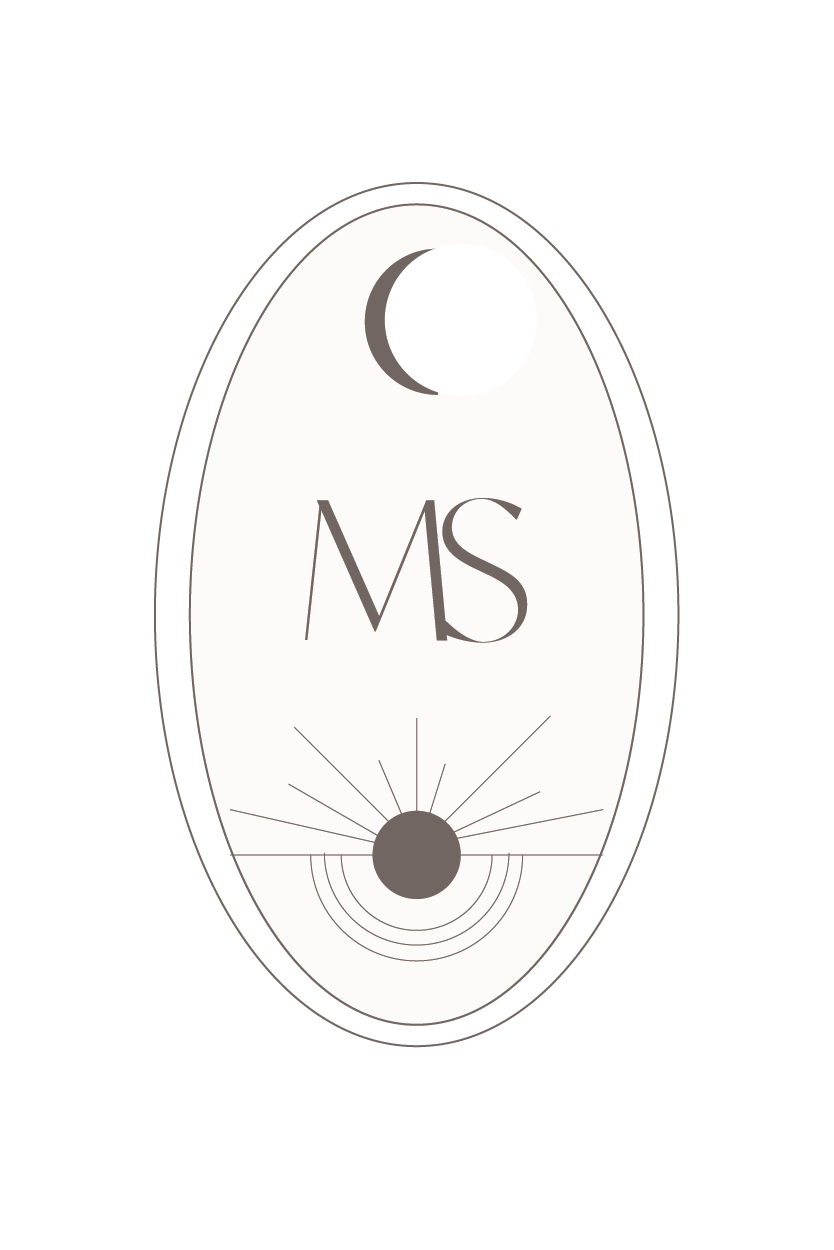Mental Health and Self-Care for Cancer Advocates
Each of us becomes involved in cancer advocacy because we are deeply personally affected by the devastating impact of cancer.
How can we do our work effectively, while simultaneously caring for ourselves as we navigate triggers and intense emotions?
This workshop offers a variety of tips and tools to support ourselves and one another’s self-care and mental health. It includes education on trauma and the nervous system, gentle yoga, mindful breathing, journaling and group discussion on themes explored.
This workshop was presented at the Health EMatters Conference for cancer advocates, held October 27-29th 2022 in Toronto, Canada.
Each of us becomes involved in cancer advocacy because we are deeply personally affected by the devastating impact of cancer.
How can we do our work effectively, while simultaneously caring for ourselves as we navigate triggers and intense emotions?
This workshop offers a variety of tips and tools to support ourselves and one another’s self-care and mental health. It includes education on trauma and the nervous system, gentle yoga, mindful breathing, journaling and group discussion on themes explored.
This workshop was presented at the Health EMatters Conference for cancer advocates, held October 27-29th 2022 in Toronto, Canada.
Jelly Belly
When I was seven years old, I was diagnosed with acute lymphoblastic leukaemia. I was on chemotherapy for three years, from the ages of seven to ten years old. I should note here that I am incredibly fortunate. I was treated at one of the best children’s hospitals in the entire world. This diagnosis would have been a death sentence not too long ago.
Prednisone
One of the drugs that was part of my chemotherapy treatment is called prednisone. Prednisone is a synthetic corticosteroid. Corticosteroids have many effects on the body, but they are most often used for their potential anti-inflammatory effects, particularly in those diseases and conditions in which the immune system plays an important role.
Here is a list of a few of the many side effects and adverse effects of this (life-saving) drug:
Depression
Insomnia
Mood swings
Weight gain / ‘moon face’
High blood pressure
Muscle weakness
Nausea / vomiting
Impaired wound healing
Ulcers
Diabetes
Osteoporosis
Increased frequency and severity of infections
Retardation of growth in children
I was a young girl who was regularly taking a medication that made me unable to sleep, experience intense and frequent uncontrollable mood swings, and seemed to suppress my ability to feel full. I do not recall receiving any guidance or support in overcoming the emotional, psychological and spiritual challenges that this drug caused me over the years of my treatment.
Jelly Belly
Prednisone was only one of the medications used in my treatment plan to target the cancer cells. There was a little room I would go into where I would get what my family infamously called ‘the back needle’. I don’t need to go into detail about all the locations I received needles for you to get the idea that this process was difficult and scary. But the worst part for me was when they asked me to go on the scale.
My weight and height had to be tracked zealously. The nurses and doctors would make it abundantly clear: my height was too low and my weight was too high. I believed that I was to blame. In fact, there was a female oncologist at this hospital who had given me the nickname Jelly Belly. She probably thought it was funny and harmless. I felt an intense amount of self-disgust. I felt ashamed. I was so afraid. I couldn’t control my sadness or my grief or my fear. My life was spiralling out of control, and I believed that I had received the message loud and clear: if I lost weight, I would be good. I have always been a perfectionist with a deep desire to please those around me. I wanted to be a ‘good student’ at the hospital, and receive the message that I was finally an average height and weight. I was failing them, and I had to do better. I could not control my height, but there was something that I could control. I had to lose weight.
When Healthcare Leads to Suffering
When I look back on this story, it becomes abundantly clear how I developed an eating disorder by the age of eleven. I began carrying around a calorie book with me everywhere I went. I knew how many calories were in everything. The goal was to eat as few of them as possible.
At that point, the cancer treatment had ended. The long-lasting psychological toll it took was never addressed, as far as I can recall. When the emotional and mental health aspects of illness are not addressed, this can lead to immense suffering:
Here’s the thing about trauma: those who experience trauma do not allow themselves to forget. We re-traumatize ourselves over and over again. I was ten years old and my goal was zero calories per day. I was a hard-working perfectionist, and I became incredibly proficient at starving myself.


